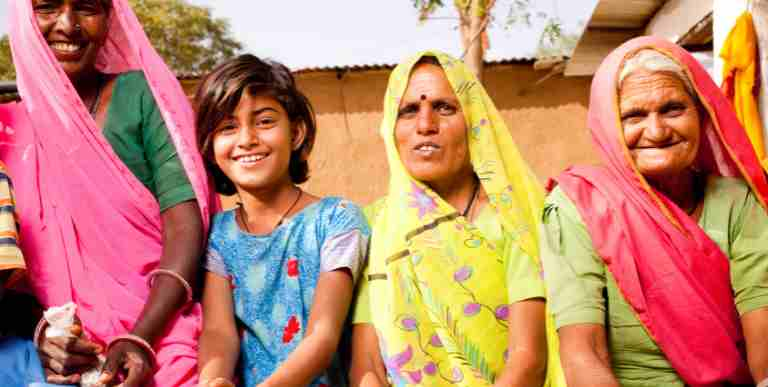Educating rural women is crucial for their empowerment and overall development. Here are several ways in which rural women can access education:
- Community-Based Schools: Establishing community-based schools within rural areas can provide access to education for women who may not have access to formal educational institutions. These schools can be set up in local community centers, churches, or other accessible locations.
- Mobile Schools: In regions where there are logistical challenges in accessing education, mobile schools or educational outreach programs can be implemented. These programs bring education directly to rural communities, allowing women to learn without having to travel long distances.
- Adult Literacy Programs: Implementing adult literacy programs specifically tailored to the needs of rural women can help them acquire basic literacy and numeracy skills. These programs can be conducted in local languages and incorporate practical skills relevant to their daily lives.
- Distance Learning and Technology: Utilizing technology such as the internet, mobile phones, and audiovisual resources can provide rural women with access to educational materials and courses. Distance learning programs, online courses, and educational apps can enable women to learn at their own pace from anywhere.
- Vocational Training Centers: Establish vocational training centers in rural areas to provide women with skills training in areas such as agriculture, handicrafts, small-scale entrepreneurship, and healthcare. These centers can equip women with practical skills that enhance their livelihood opportunities.
- Government Initiatives and Policies: Advocate for government policies and initiatives aimed at promoting education for rural women, including the provision of scholarships, subsidies for school fees, and incentives for families to send their daughters to school.
- Community Involvement and Awareness: Engage local communities in supporting women’s education by raising awareness about the importance of educating girls and women. Mobilize community leaders, parents, and religious leaders to advocate for and support girls’ education.
- Partnerships with NGOs and Civil Society: Collaborate with non-governmental organizations (NGOs), civil society organizations, and other stakeholders to implement educational programs and initiatives targeted at rural women. These partnerships can provide resources, expertise, and support to enhance the effectiveness of educational interventions.
- Addressing Barriers: Identify and address barriers that prevent rural women from accessing education, such as cultural norms, economic constraints, lack of transportation, and safety concerns. Implementing measures to overcome these barriers can increase women’s participation in education.
- Tailored Educational Programs: Design educational programs that are tailored to the needs and priorities of rural women, taking into account their socio-economic context, cultural beliefs, and aspirations. These programs should be inclusive, flexible, and relevant to the lives of rural women.

